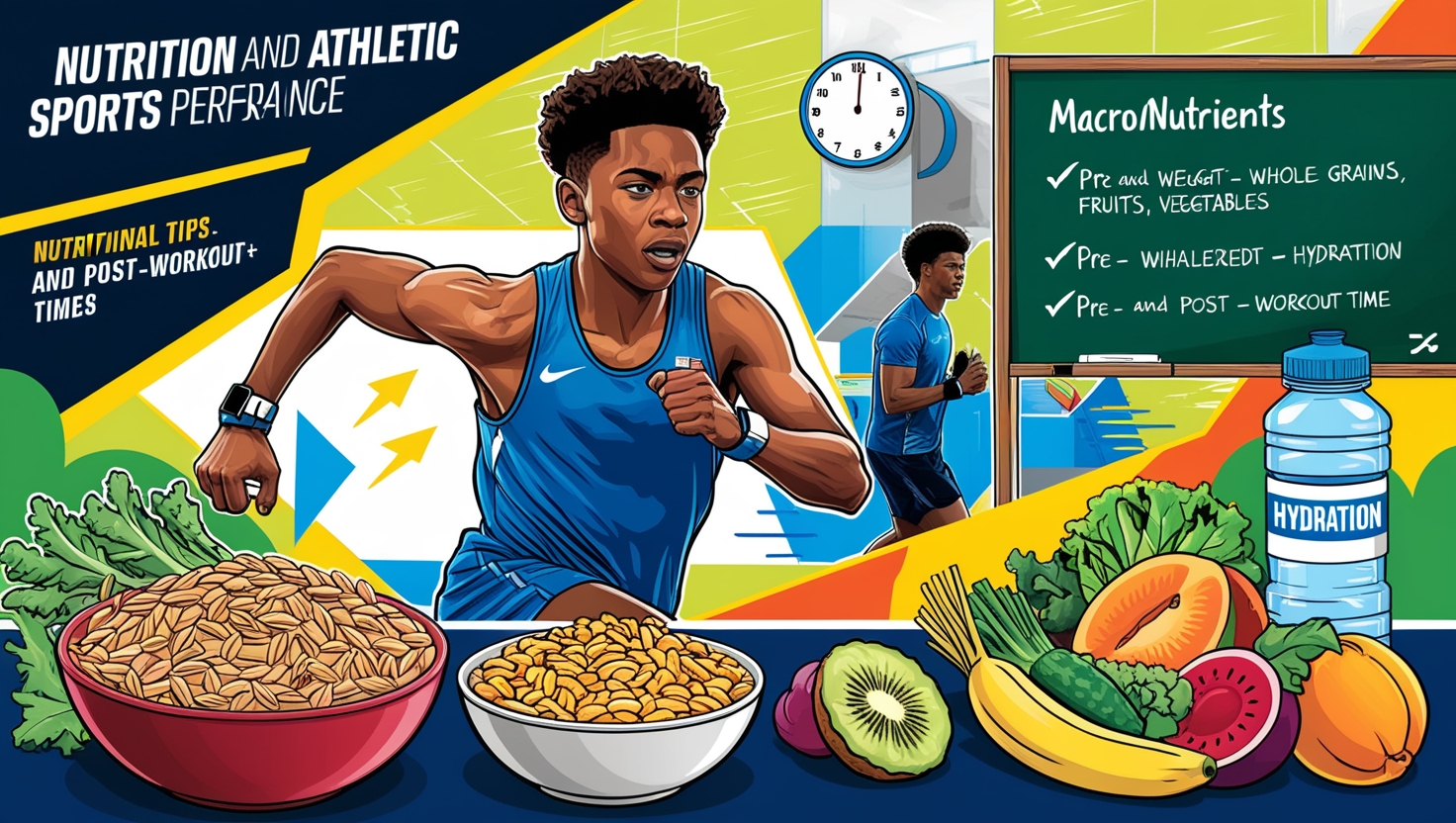
The Role of Nutrition in Sports Performance
As a young athlete, you know that training hard is crucial for achieving your goals, but did you know that what you eat can significantly

As a young athlete, you know that training hard is crucial for achieving your goals, but did you know that what you eat can significantly

Everyone wants to be happy, but what truly leads to long-term happiness? According to researchers, two key factors stand out: While professional success and financial

Ever heard that spending time online might actually be good for your brain? A new study has found that older adults who regularly use the

Ever blanked on an answer in class, choked during a big game, or totally froze in a conversation? You’re not alone. Science says our brains

Space travel can be incredibly exciting, but what does it do to our bodies over long periods of time? A groundbreaking study of twin astronauts,

Your blood type is determined by special markers called antigens, which decide who can safely receive your blood. The ABO system includes four main types: A, B, AB, and O — with O

Why Intermittent Fasting Might Be the Ultimate Weight Loss Hack! Intermittent fasting (IMF) might be a secret weapon for weight loss! A new study found that people following a 4:3

New research suggests that a higher dose of semaglutide could lead to greater weight loss than the standard treatment. In two large international trials, patients

Did you know drumming is a total game-changer for your mind and body? It’s backed by science—drumming helps reduce stress, boost your mood, and increase

What if we told you that your daily calcium intake could help protect you from colorectal cancer (CRC)? A massive 20-year study just dropped some